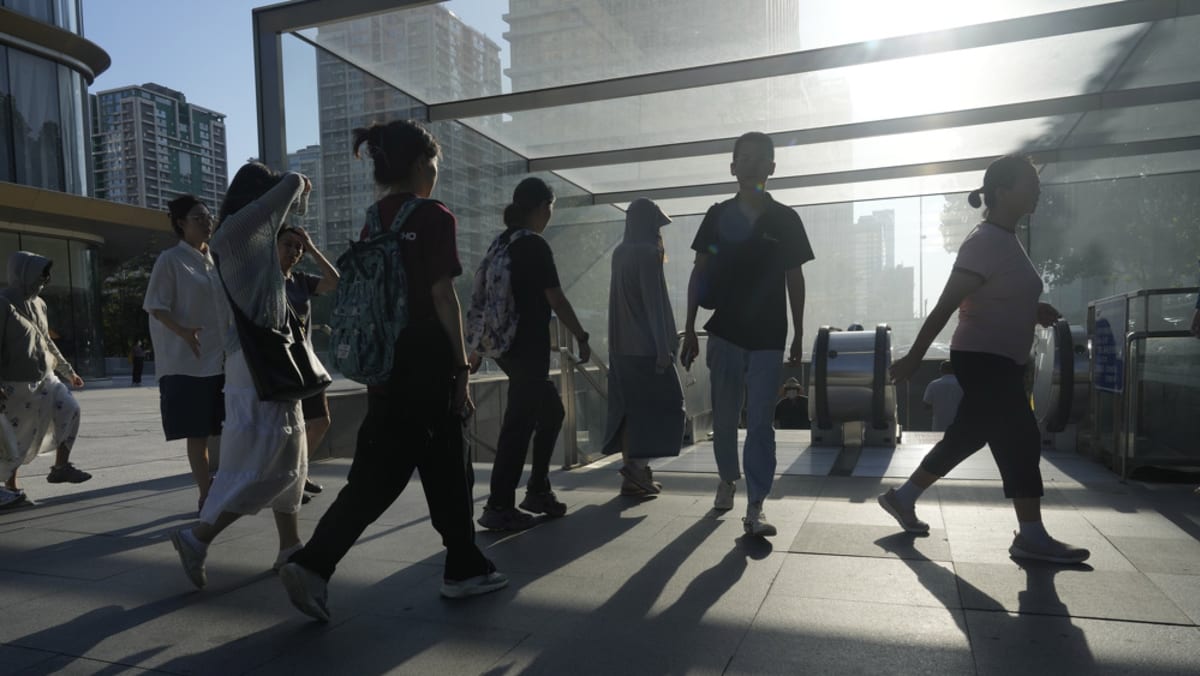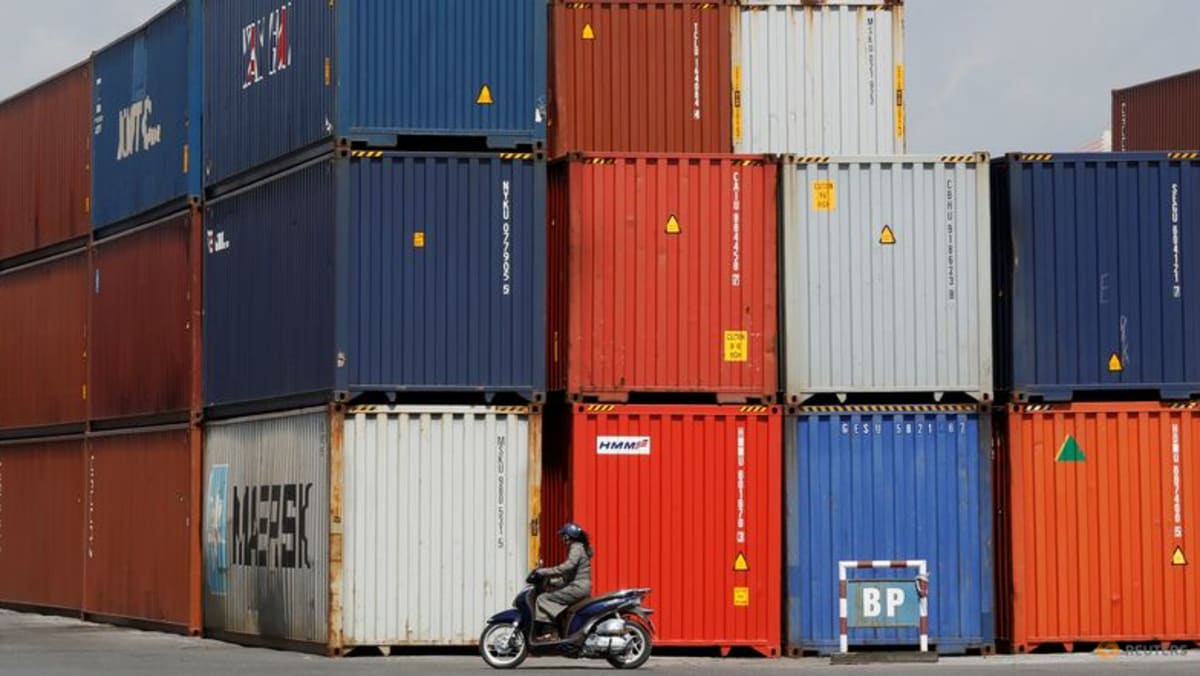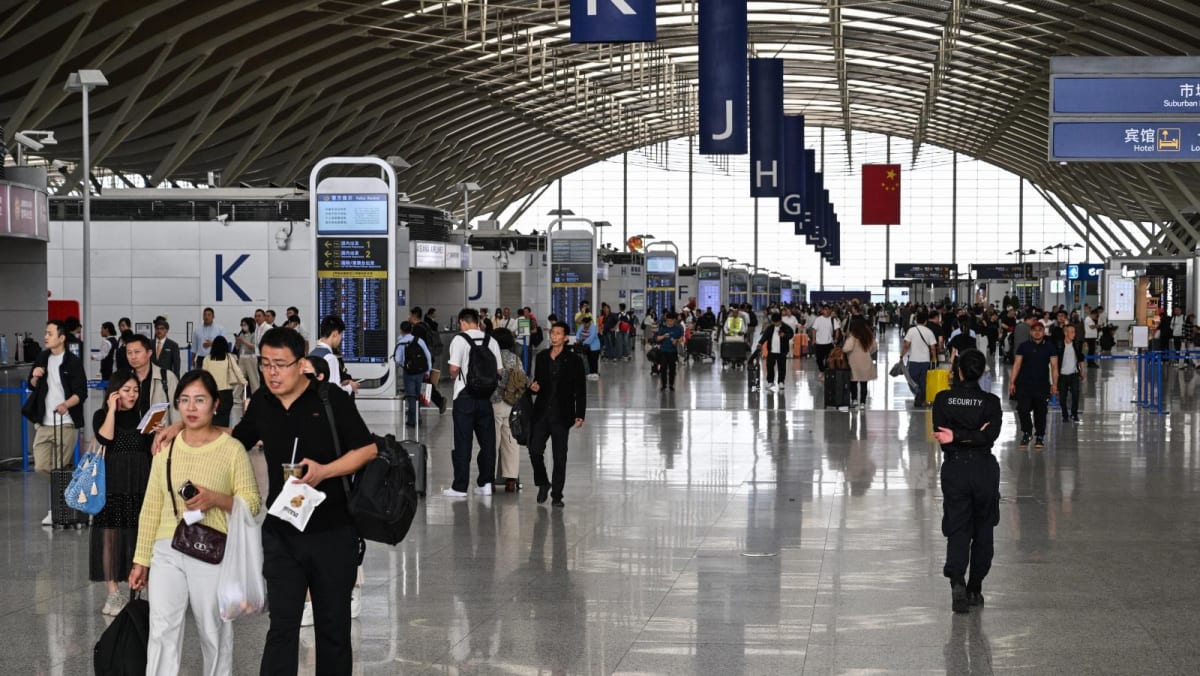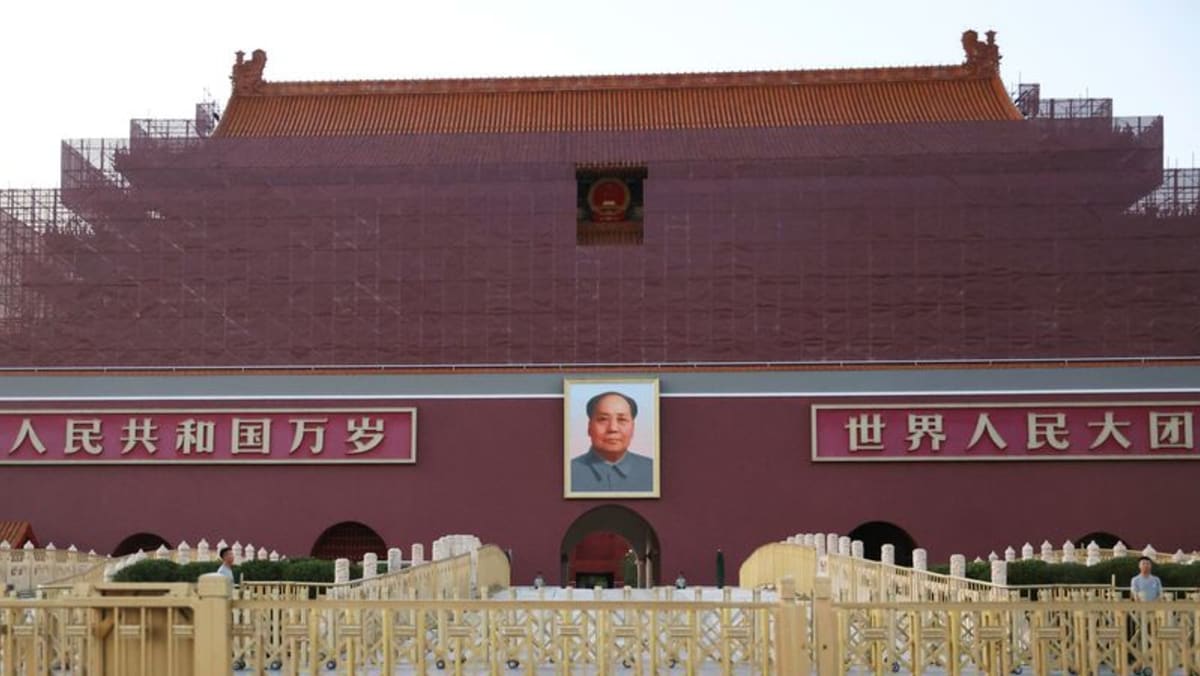Long hours and working overtime remain prevalent in many Chinese companies and industries, but mindsets are changing notably among Chinese Gen Z-ers and young workers, who have been fighting burnout and pushing back against working long hours.
On Chinese social media platforms like the popular Sina Weibo microblogging site, netizens weighed in on Mianyang’s work week experiment and discussed work life balance in the city.
A topic thread with the hashtag “2.5-day weekend is coming” has gained huge traction on the site, garnering more than 24 million total views and generating some 6,000 discussions.
But some reactions have also been mixed, with netizens expressing scepticism at the policy proposals and suggesting that the authorities should implement weekends properly first before moving to two-and-a-half days.
“You can’t even do a two-day weekend properly, settle that first before (looking at) two-and-a-half days,” said one Weibo user in a comment that drew thousands of likes. “I only have one day off so I don’t understand what is going on here,” said another.
Some criticised the “vague terms and conditions” outlined in the policy document, leading to confusion on how rules would be implemented or who it may ultimately apply to.
One Weibo user expressed concern over the policy changes and how they might not apply to all workers, especially those in factories already working extremely long shifts – sometimes for up to 12 hours, six days a week.
This would be in sharp contrast to civil servants for example, who already work shorter weeks. “Haven’t civil servants already had 4.5 day work weeks?” the user wrote.
CHALLENGES
Although proposed policy action in Mianyang and other cities could bring workers much needed respite from stress, implementing an official 4.5 day work week on a larger scale is still tricky, said observers.
Professor Yang Haiyang, dean of the Research Institute of Social Development at Southwestern University of Finance and Economics in Chengdu, noted that “reducing working hours” was part of the inevitable trend of social and economic development and progress.
But it was not a one-size-fits-all approach, he told the People’s Daily state newspaper, adding that promotion and implementation were still needed to work alongside existing arrangements and conditions in order for it to work.
Other observers have also advised caution, citing reduced work hours could lead to higher corporate costs and lower productivity rates, which would place further pressure on employers.
In the case of Mianyang, the onus ultimately remains with employers, officials said. Employees would still be expected to work eight hours a day, and previous baselines would still apply.
Those unable to complete their benchmark of 40 hour work weeks by Friday would still have to make up for it on other weekdays through overtime work, officials said.














